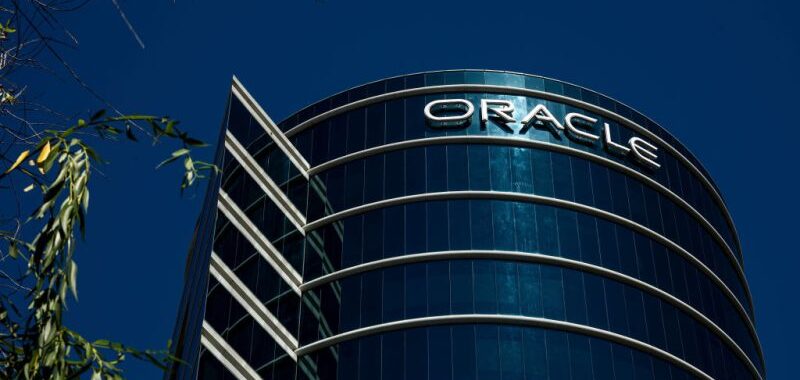
(NEXSTAR) – Oracle has agreed to pay out $115 million to settle claims it tracked people’s online and offline activity, then violated privacy by selling the information to third parties.
Oracle is one of the largest tech companies in the U.S., but people may not be as familiar with its softwares because a lot of their work happens behind the scenes. Banks use Oracle software to manage databases of their customers and customers’ transactions, hospitals may use it to store patient records, and retail businesses use it for inventory and sales.
“In the course of functioning as a worldwide data broker, Oracle has created a network that tracks in real time and records indefinitely the personal information of hundreds of millions of people,” the lawsuit alleges. The information allegedly shared includes online activity, like web browsing history, as well as offline activity, like in-store purchases and geolocation data.
“This process provides Oracle with a virtual panopticon: Oracle purports to have vision on virtually everything ascertainable in electronic form about Class members, from where they live, to the media they consume, to the things they buy, to the views they hold,” the lawsuit says.
The lawsuit goes on to claim that Oracle sells the personal information it collects to other companies, but because people “lack a direct relationship with Oracle,” they don’t have any way to even consent to the information being shared.
Oracle denies all wrongdoing, but has agreed to pay $115 million to settle the claims – and a huge swath of Americans may be eligible for a piece of the payout.
Who is eligible for a payment and how can you file?
You’re eligible for a payment if you lived in the United States for some period since Aug. 19, 2018 and your personal data “was acquired, captured, or otherwise collected by Oracle Advertising technologies or made available for use or sale by or through ID Graph, Data Marketplace, or any other Oracle Advertising product or service.”
That definition can make it hard to know if you qualify, since it’s not easy to know if your data was impacted. Some of the affected people have already been notified by email (from Katz-Lacabe v. Oracle Settlement Administrator), with a message containing a notice ID and confirmation code, but you don’t necessarily need that information to file a claim. You can simply fill out a form with your name, address and contact information. If your claim is validated, you’ll receive a payment on a prepaid debit card, direct deposit, Venmo or Zelle.
You can start the process online here. Don’t delay too long – the filing deadline is Oct. 17 at 11:59 p.m. Pacific Time.
Nexstar reached out to Angeion, the company overseeing the settlement, for clarity on how large the class size is and how they plan to verify claims, but didn’t hear back by publication time.
How big are the payments?
The exact size of each individual payment isn’t yet clear, because it depends on how many claims are filed and approved. Attorneys’ fees (of up to $28.75 million) and administrative costs will first be deducted from the $115 million sum, and the rest will be divided equally among all the valid claimants.
The payments won’t go out until the settlement is granted final court approval. The final approval hearing is scheduled for Nov. 14. Appeals and objections may also delay the payments’ disbursement.

